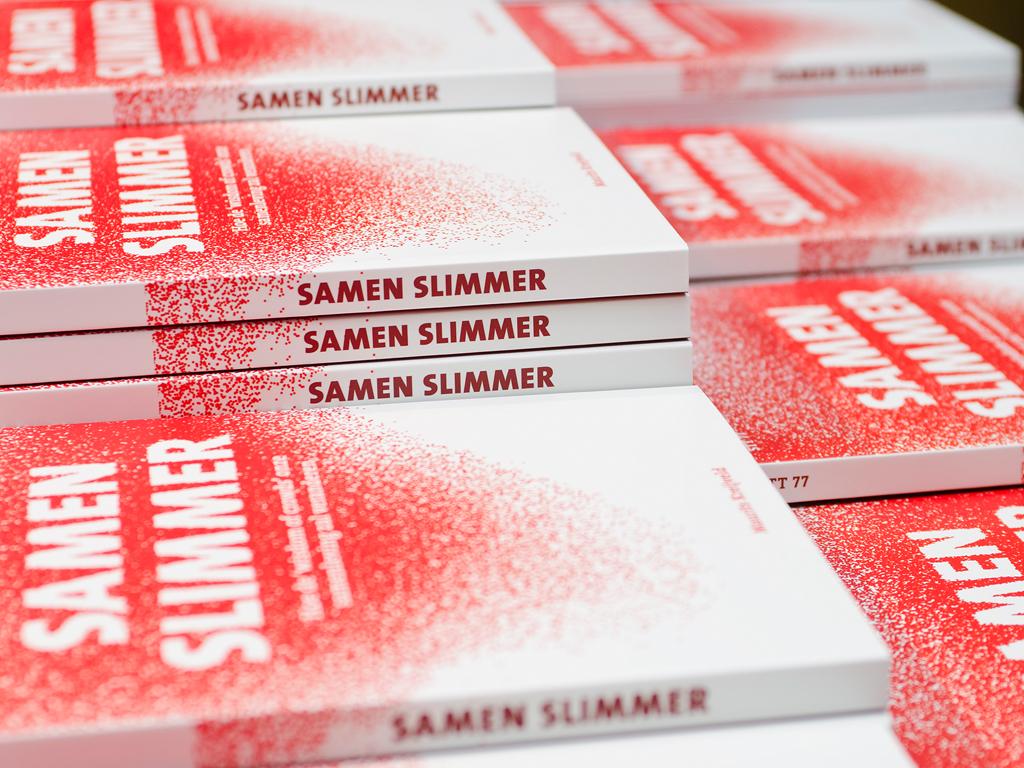On 6 June, it's time to vote European Parliament elections in the Netherlands. But what is it really all about? Which parties tackle the issues you care about? Europe is often about migration, agriculture and defence, but there is so much more your vote can influence. Waag Futurelab dived into the party manifestos for the European elections and listed them for you.
In part two, we look at civic participation and the role of local initiatives. What ideas do parties have to strengthen cooperation between European residents and European politics?
First impression: is it mentioned?
Keywords used in the election programmes: living environment, citizen, social initiative, citizen initiative, citizen collective, citizen cooperative, citizen consultation, citizen panels, citizen participation, referendum.
In the era of climate change and biodiversity loss, Europe has an important role to play in maintaining a liveable planet and protecting its inhabitants. At the same time, a number of parties state that European regulations and policies are causing residents to lose control over their living environment. Election programmes mention various ways to give European residents a greater say in European decision-making.
And, what do the parties say about it?
From left to right, there are proposals on this topic. JA21 wants to put important issues to European citizens in a (binding) referendum, Volt wants to give citizens more say by proposing laws via petitions and the BBB wants to invest more say in the EU with lower (national) governments. NSC suggests linking MEPs to regions where they are known and approachable for citizens, for example via a monthly consultation hour.
Through a citizens‘ council or citizens’ panel, a representative group of residents can help make decisions on complex issues. D66, Partij voor de Dieren and GroenLinks-PvdA propose to use this way of citizen participation in European decision-making.
Partij voor de Dieren is also in favour of the citizens‘ initiative, in addition to a citizens’ consultation; residents could then make their own proposals or bring in topics to be discussed by the European Union.
The VVD sees an important role for citizens more as an alternative to ‘government interference’:
VVD: ‘Further expansion and interference in matters that can be regulated by national governments or by citizens themselves is undesirable.’
What does Waag think of the plans?
Imme Ruarus, head of Waag's Smart Citizens Lab, often sees governments focusing on one-off involvement of individual residents. ‘The citizens’ panel, citizens‘ consultation, citizens’ initiative, referendum and bills through petitions are examples of this. Citizens are given only a temporary seat at the table, under conditions set by the government. Such one-off participation by a limited group of participants may be valuable for an issue, but does not lead to the change needed to give citizens ownership.’
Instead of citizen participation, the citizen being allowed to participate in the government's process, we should think about how to organise government participation, the government connecting to the dynamics of society, explains Imme. ‘There are many initiatives in which residents join forces to make the neighbourhood and surroundings better together; from energy cooperatives to food parks and from citizen science research to housing cooperatives. Currently, cooperation between governments and social initiatives often runs stiff. Existing structures such as funding models, tenders or subsidy schemes are not geared towards cooperation with social, but with private parties. This has to change. If parties really want to give citizens more influence, they should better support social initiatives and build structural, equal cooperation.’
Of the election manifestos that Waag scrutinised, GroenLinks-PvdA is the only one that specifically mentions giving more space to these initiatives. They write: ‘We make the EU an ally of citizens who put their backs into the ecological transition. In line with legislation on energy communities, we oblige member states to give ample space to citizen collectives, from mobility to food cooperatives. We review internal market rules, including procurement rules, that hinder the development of new commons and public-civic cooperation.’
GroenLinks-PvdA: ‘We make the EU an ally of citizens who are shouldering the burden of the ecological transition.’
Okay, where can I read more about this topic?
Waag conducted research on the current cooperation between government and civil society initiatives. Waag published the most remarkable findings in a handbook. Waag's Smart Citizens Lab also investigated how to strengthen the position of energy initiatives in the Netherlands so that they can produce at least half of the generation for the built environment and private transport by 2050 (Societal Initiative in Energy Transition).
Early this year, Waag, together with other organisations, founded MeentCoop, in which cooperative enterprises work together and support each other so that at least 35% of Amsterdam's economy is in communal hands by 2035.
30 years of Waag Futurelab & getting to grips with technology
This year, Waag Futurelab celebrates its 30th anniversary. From the first ‘social medium’ De Digitale Stad, accessible to a wide audience, via designing a sustainable modular Fairphone, or the first training for Biohackers in Europe, to advising the state secretary for Digital Affairs and a citizen science network in North Holland: for 30 years, Waag has been working on getting a grip on technology for everyone. That grip on technology is at the heart of this anniversary year, in our stories and in our programming.


